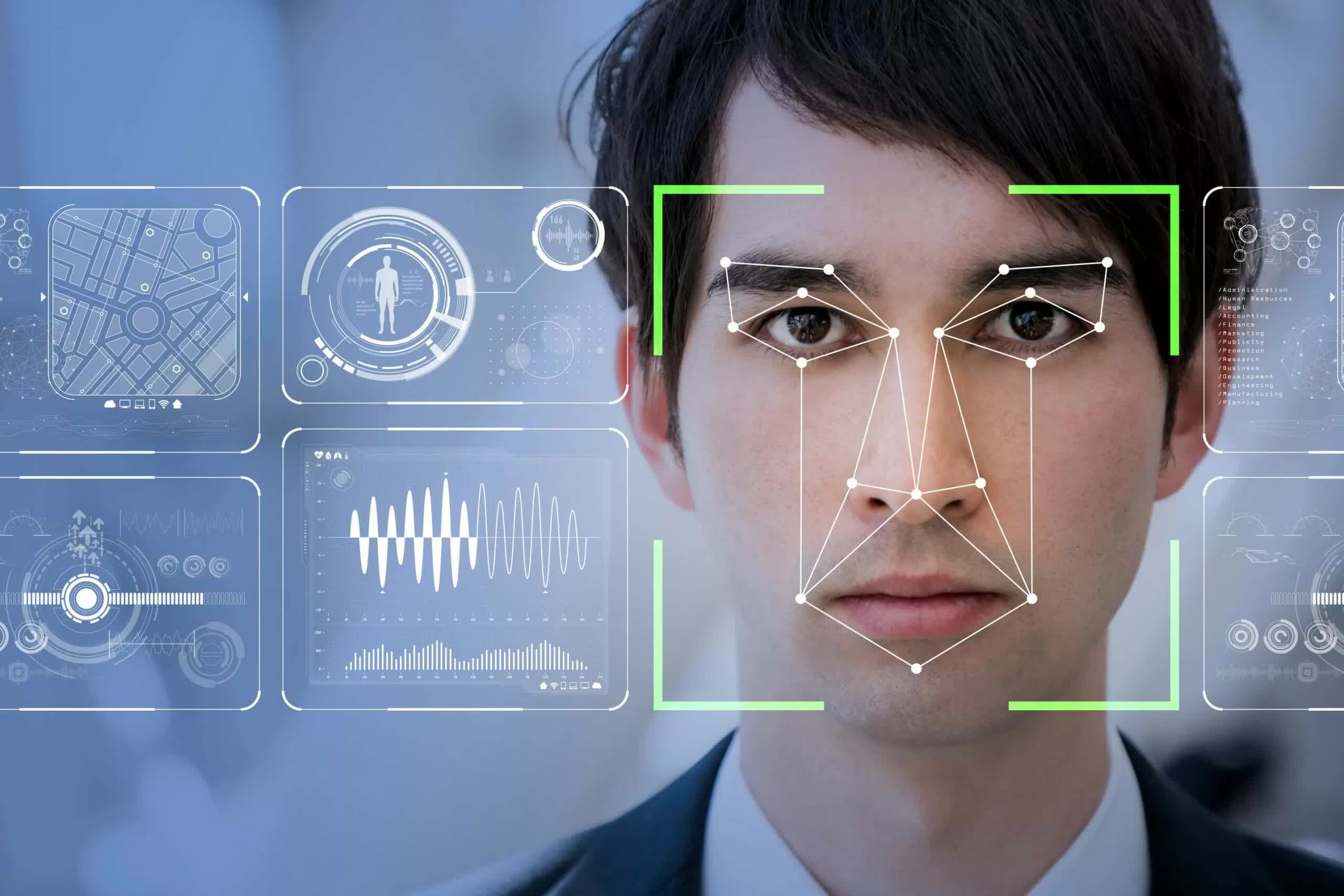Privacy: Facial recognition is a hot-button topic throughout the world. Despite widespread opposition from civil rights groups and global governments, companies like Amazon and Clearview continue to develop the tech and attempt to sell it off to law enforcement agencies and other interested parties. However, those companies may have a bit of trouble pawning their goods in the EU, if European Parliament's latest calls are heeded by lawmakers.
European Parliament (EP) MEPs have officially called for a "permanent ban" on the use of automated facial recognition technologies in "public spaces." European citizens, they say, should only be monitored when they're a suspect of a crime. "Predictive policing," as well as "social scoring systems" like those found in China, are also on the chopping block.
MEPs feel these technologies can lead to discrimination and the disproportionate misidentification of minorities, women, seniors, and members of the LGBT community. All algorithms, the EP claims, should be "transparent, traceable, and sufficiently documented," and should use open-source software whenever possible to further those goals.
Furthermore, the MEPs want private facial recognition databases, such as those operated by Clearview AI, to be banned.

This resolution was adopted by 377 MEPs, with 248 voting against it and 62 abstaining entirely.
To be clear, this resolution is not binding. Not yet. It's more of a statement of intent and desire – the next step is for members of the European Commission to discuss the matter and potentially propose a bill that targets the MEPs' concerns.
It's good to see even major global organizations like the EP seek a solution to the problem of rampant AI-powered facial recognition technologies, which have as of yet been developed largely unchecked. When considering how, or if this tech should be rolled out to the world, privacy and respect for citizens' basic rights should be core focus points, and it sounds like Parliament agrees there.
Masthead credit: Lianhao Qu
